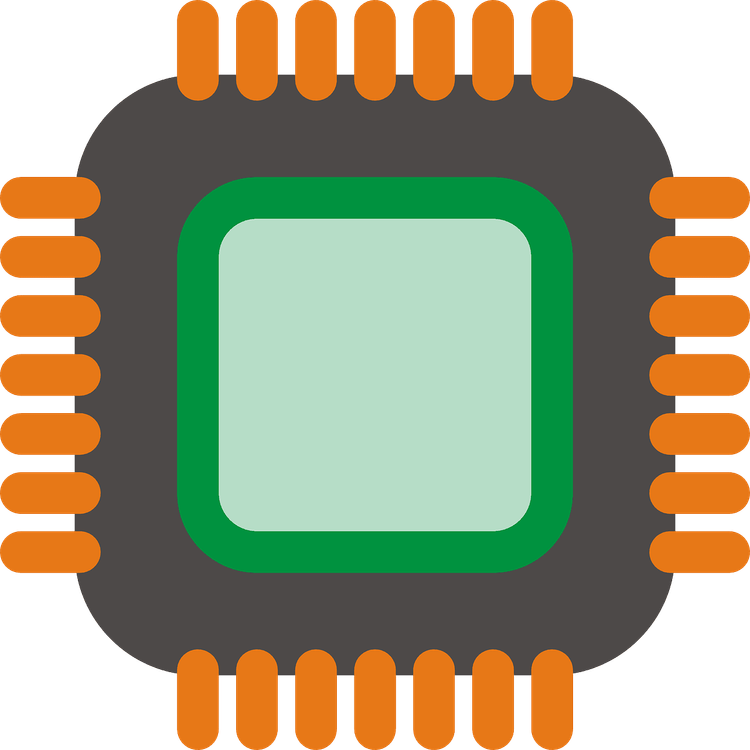Yoneda Labs Secures $4 Million Seed Funding for AI-Driven Drug Discovery
Yoneda Labs, an innovative startup supported by Y Combinator, has raised $4 million in seed funding to enhance its AI-driven drug discovery efforts. The funding round, led by Khosla Ventures, also included contributions from 500 Emerging Europe, 468 Capital, and Y Combinator. The capital will primarily be directed towards acquiring robotic automation devices essential for conducting chemical reactions in the company's laboratory, which is crucial for creating the training data that fuels its AI model.
Founded by Michal Mgeladze-Arciuch, Daniel Vlasits, and Jan Oboril, Yoneda Labs aims to develop a foundation model for chemical manufacturing. “Our AI assists chemists in formulating new drugs by optimizing the synthesis process,” explained Mgeladze-Arciuch. “This approach will expedite drug creation, making it both faster and more cost-effective.”
Revolutionizing Chemical Manufacturing with AI
Jon Chu, a partner at Khosla Ventures, emphasized the transformative potential of AI in the chemistry sector, stating, “Machine learning and generative AI have already made inroads in fields like aerospace engineering. Chemistry is poised for a similar transformation, and Yoneda Labs’ unique strategy could significantly alter drug manufacturing and discovery."
Streamlining the Drug Discovery Process
Creating new drugs is a complex undertaking, particularly when it involves synthesizing compounds by combining multiple molecules. “Chemists face challenges in determining how to facilitate these reactions, including optimizing temperature, solvents, and other conditions,” Mgeladze-Arciuch noted. Traditional methods require extensive trial and error, but Yoneda Labs believes its AI model can accelerate this process.
Currently, many chemists conduct experiments in wet labs without the benefit of automation or computational tools. By leveraging its advanced wet lab, Yoneda Labs intends to develop an AI solution that streamlines a critical phase of drug development, ultimately saving time and resources for pharmaceutical companies.
A Unique Competitive Edge
Typically, chemists refer to scientific literature to identify past reactions that might inform their current experiments. Mgeladze-Arciuch highlighted this as the industry standard, yet Yoneda Labs is taking a different approach by focusing on generating its own high-quality training data instead of relying on external sources. “Our priority is quality over quantity. We plan to conduct 200 experiments daily using robotic automation, equivalent to the output of 20 chemists, to build a proprietary dataset for our model,” he stated.
With around 20,000 experiments needed to make its AI model commercially viable, Yoneda Labs aims to reach this goal by year’s end and subsequently release its model.
Targeting Small Molecule Compounds
In a vast industry, Yoneda Labs is honing in on small-molecule compounds, which are particularly prevalent in the pharmaceutical market. “Our aim is to develop a model capable of generalizing across all potential small molecules,” explained Mgeladze-Arciuch. “We’ve validated our methods on several reactions from popular chemistry classes, especially relevant to medicinal chemistry.”
Small molecules account for a significant portion of commercially available drugs, as opposed to larger proteins used in other therapies.
Ultimately, Yoneda Labs aspires to create a singular, comprehensive model that assists chemists in identifying desired organic reactions and optimal conditions. As Mgeladze-Arciuch puts it, “We aim to be the ‘OpenAI for chemistry,’ providing chemists with precise recipes for crafting organic small molecules whenever they require assistance.”







